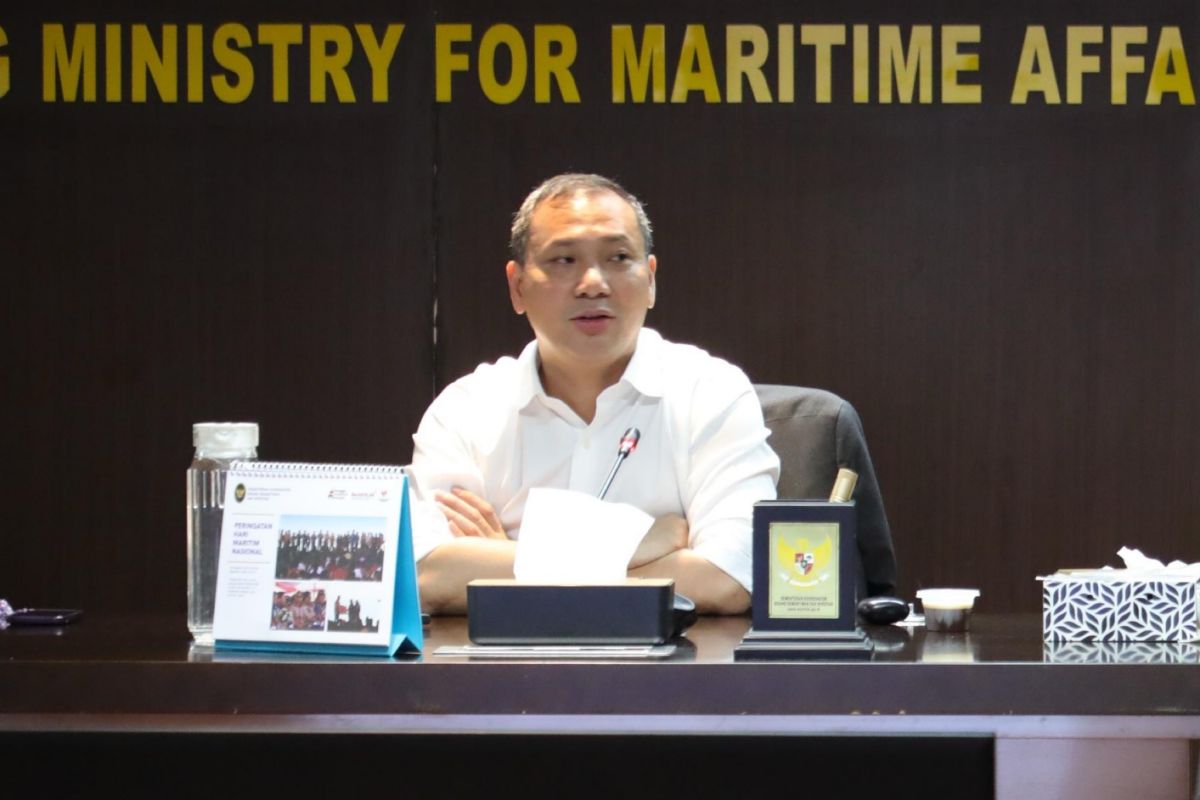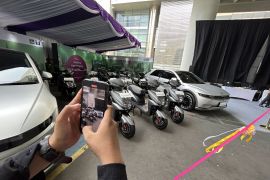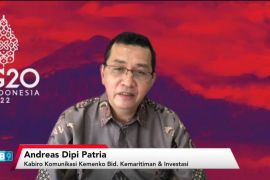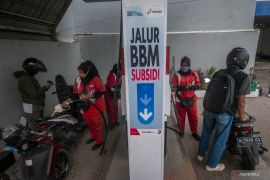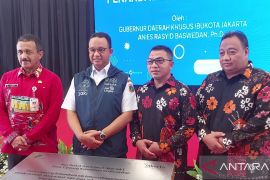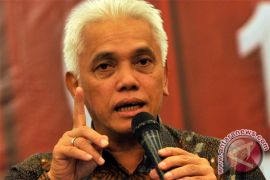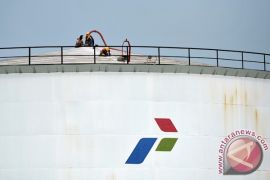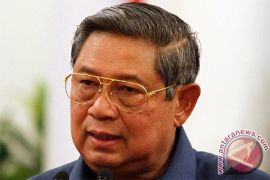"The government's plan is to provide low-sulfur fuel without increasing fuel prices, so the public gets access to better quality and cleaner fuel," the ministry's deputy for transportation and infrastructure, Rachmat Kaimuddin, said here on Friday.
To carry out the plan without burdening the public or the state, the government intends to provide low-sulfur fuel that targets people in need, he informed.
"So, the upper class is no longer entitled to take advantage of fuel subsidies," he added.
Regarding concerns about the impact of adjusting the distribution of fuel subsidies on the economic burden of the middle class, he said that the government will continue to pay attention to the needs of this group.
"If we use the assumptions reported in the media, where vehicles over 1400cc will not be included in the fuel subsidy recipient group, then the impact of this regulation will be felt by less than 7 percent of the vehicle population," Rachmat pointed out.
He further listed several reasons behind the government's plan to encourage the distribution of subsidized low-sulfur fuel appropriately.
According to him, in the last five years, the government has spent an average of Rp119 trillion each year on fuel subsidies.
"This means that people's taxes are not optimally distributed because they are not enjoyed by groups who need the subsidy," he said.
Amid these challenges, increasing the fuel subsidy budget cannot be a wise solution, especially given the risk of amplifying the distribution of inappropriate fuel subsidies. Thus, the government must take steps to encourage the provision of subsidized low-sulfur fuel that is right on target.
To address the challenge of prolonged air pollution, the government needs to make a breakthrough in encouraging the provision of low-sulfur fuel on a more massive scale.
The Coordinating Ministry for Maritime Affairs and Investment emphasized that currently, oil refineries are ready to provide low-sulfur diesel, especially in the Jakarta area.
Therefore, the provision of subsidized low-sulfur diesel will be carried out in stages. It will start with Jakarta before being rolled out nationally in 2028.
Related news: Tackling air pollution to improve life quality
Related news: Indonesia steps up use of electric buses to tackle air pollution
Translator: Maria Cicilia Galuh Prayudhia, Yashinta Difa
Editor: Azis Kurmala
Copyright © ANTARA 2024
